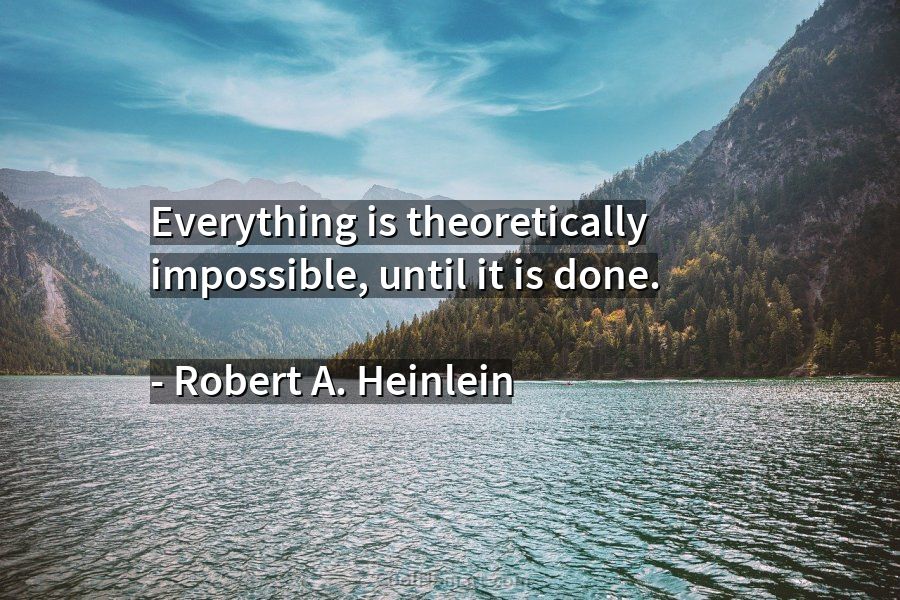Exploring Forgotten Histories: Overlooked Stories and Perspectives
In the vast expanse of time, humanity has woven a tapestry of stories, each representing a different culture, experience, and perspective. But amidst this intricate weave lie overlooked narratives, buried beneath the dominant accounts of history. These forgotten histories are more than just footnotes; they are windows into worlds that have been marginalized, silenced, or overshadowed. Today, we embark on a journey to explore these hidden gems, to shed light on the untold tales that enrich our understanding of the past. Welcome to the fascinating world of Exploring Forgotten Histories: Overlooked Stories and Perspectives.
Defining the Unseen
What exactly do we mean by "forgotten histories"? At its core, it encompasses exploring and excavating narratives that have been sidelined or neglected in mainstream historical discourse. These stories often belong to marginalized communities, subcultures, or individuals whose voices have been muted by the dominant narratives of power.
Imagine walking through a museum where only a fraction of the artefacts are displayed, while the rest languish in storage, unseen and unheard. Exploring forgotten histories is akin to venturing into that storage room, dusting off the relics, and bringing them into the light for all to see.
Unveiling the Layers
One of the key aspects of exploring forgotten histories is the recognition of layers within history. History is not a monolithic entity but rather a mosaic of overlapping narratives, each influencing the other. By delving into overlooked stories, we peel back these layers, revealing the complexities and nuances that have been obscured by oversimplified accounts.
Take, for example, the history of the Civil Rights Movement in the United States. While figures like Martin Luther King Jr. and Rosa Parks are celebrated as icons of the movement, there are countless others whose contributions have been overshadowed. The stories of grassroots organizers, women, LGBTQ+ individuals, and indigenous activists often remain on the periphery, waiting to be brought to the forefront.
Similarly, the history of science and innovation is rife with overlooked figures whose discoveries laid the groundwork for major advancements but were never fully recognized in their time. From female mathematicians and scientists to inventors from marginalized communities, their contributions have reshaped our world, yet their names often languish in obscurity.
Relevance in the Present
But why does exploring forgotten histories matter? Some may argue that the past is the past and that dredging up old stories serves no purpose in the present. However, nothing could be further from the truth. Understanding the full spectrum of human experience is essential for building a more inclusive and equitable society. By shining a spotlight on forgotten histories, we not only honour the resilience and courage of those who came before us but also challenge the narratives that have upheld systems of oppression and inequality. When we acknowledge the voices that have been silenced, we pave the way for a more just and compassionate future.
Moreover, exploring forgotten histories enriches our understanding of the present moment. It offers alternative perspectives and counter-narratives that challenge our assumptions and broaden our horizons. In a world where misinformation and half-truths abound, the pursuit of historical truth is more important than ever.
An Invitation to Explore
As we navigate the vast terrain of forgotten histories, we must approach our journey with humility, empathy, and an open mind. It requires us to listen attentively to voices that have long been ignored, to amplify stories that have been silenced, and to confront the uncomfortable truths that lie beneath the surface.
So, dear reader, I invite you to join me on this quest for knowledge and understanding. Let us embark on a journey through time and space, guided by curiosity and a thirst for truth. Together, we will unearth untold narratives, challenge conventional wisdom, and discover the richness and diversity of human experience.
Conclusion: A Call to Action
In the words of historian Howard Zinn, "History is not just facts and events. History is also a pain in the heart and we repeat history until we can make another's pain in the heart our own." Exploring forgotten histories is not merely an academic pursuit; it is an act of empathy, solidarity, and justice.
As we conclude our exploration, let us remember that the stories we unearth are not relics of the past but living legacies that shape our present and future. Let us commit ourselves to preserve, honoring, and amplifying these voices, ensuring that they are never forgotten again.
And so, dear reader, I leave you with a challenge: delve deeper into the world of forgotten histories, seek out the stories that have been overlooked, and share them far and wide. In the end, it is only by embracing the full spectrum of human experience that we can truly understand who we are and where we come from.
.jpg)




its good
ReplyDelete